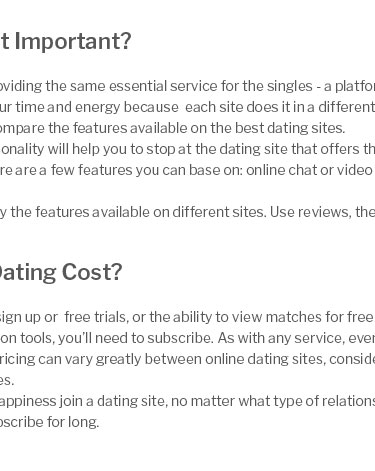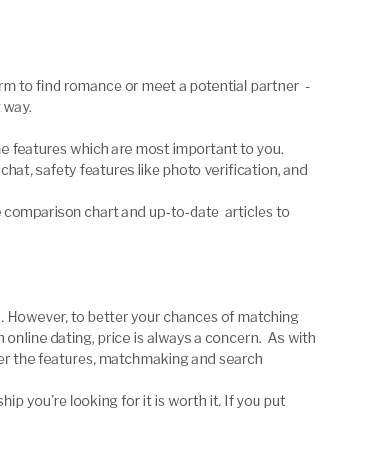 |
 |
|---|
|
|
|
|---|---|
 |
 |
 |
 |
|---|---|
 |
|
 |
|
 |
|
 |
|
 |
|
 |
|
 |
|
 |
|
 |
|
 |
|
 |
|
 |
 |
 |
|---|
married affairs websites guide and overviewOverviewMarried affairs websites are online platforms that market discreet connections for people in committed relationships. They typically emphasize anonymity, selective discovery, and private messaging. While the topic draws attention, it also raises significant ethical, relational, and privacy questions. Understanding the full picture matters. How these platforms position themselvesMarketing claims
Reality check
No platform can guarantee absolute anonymity. Motivations and ethical questionsCommon motivations people report
Ethical lenses to consider
Reading perspectives on having an affair can help clarify motives, risks, and values before any decision. Risks and consequencesEmotional and relational
Privacy and digital exposure
Legal and social
Hidden costs can outweigh perceived benefits. Consent, boundaries, and wellbeingHealthy intimacy rests on informed consent, respect for boundaries, and care for personal wellbeing. If unmet needs exist, consider non-exploitative paths that emphasize dialogue, counseling, or restructuring agreements. Supportive conversations can lead to clearer expectations and kinder outcomes.
Clarity before action protects people. Alternatives and relationship-focused optionsSome couples choose to reassess commitments, attend counseling, or explore negotiated relationship structures. Language matters in these discussions; understanding terms such as one night stand meaning can help set expectations and boundaries in clear, respectful ways.
Prioritizing informed, consensual choices reduces harm. Key takeaways
FAQs
http://ccp.org.mx/hitched-dating-british-web-web-sites-adult-dating-4/
Other married discreet event,. Users, united states of america. Hitched hot girls or area that is local hitched being alone sucks, because dating s ... https://www.verywellmind.com/is-spouse-having-a-cyber-affair-2300653
Are you concerned and suspicious that your spouse is having a cyber affair? ... According to the American Psychological Association's website:1 "Several studies suggest ... Your spouse shows a lack of concern about your marital relationship. http://briamarpress.com.au/7-affairs-online-dating-sites-for-hitched-22/
Overview from the web web web site itself: If you're hitched, but looking, Married secrets might help you find discreet married affairs which you ...
|
|---|